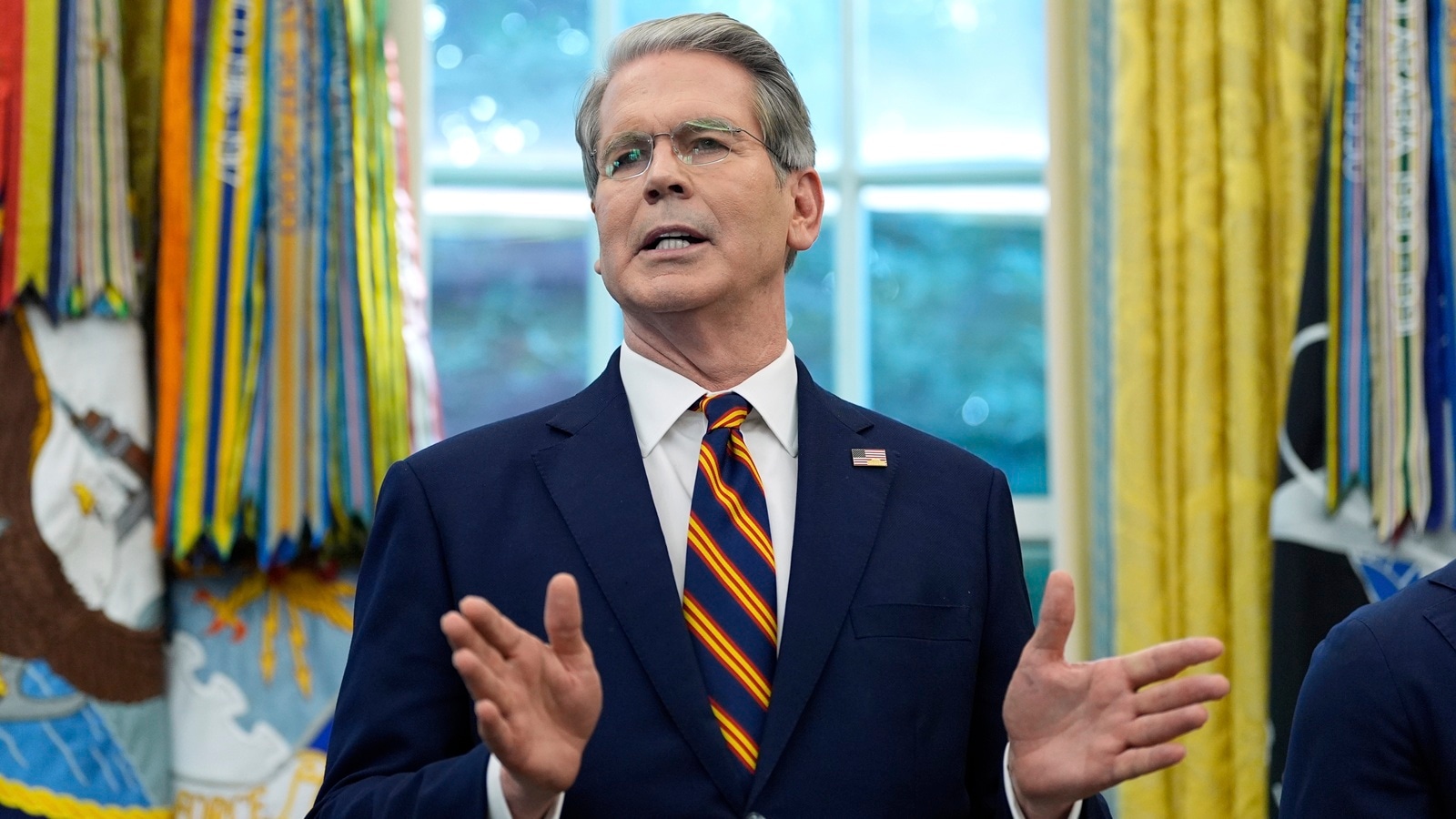
US Pushes G7 to Sanction Russian Oil Buyers
The United States is actively seeking to pressure G7 nations to impose stricter sanctions on countries that continue to buy Russian oil, aiming to bring an end to the ongoing war in Ukraine. A recent statement from the US Department of the Treasury highlighted that commitments have been made by G7 countries to increase sanctions against these oil buyers. Notably, India and China are identified as the largest purchasers of Russian oil, placing them at the center of this geopolitical issue.
Scott Bessent, the US Secretary of the Treasury, along with Jamieson Greer, the United States Trade Representative, emphasized that only a unified effort to cut off the funding for Putin's military operations can create enough economic pressure to stop the violence. This call for action follows a significant increase in tariffs on Indian goods, which have been raised to 50%, compared to 30% on Chinese goods and less than 20% on products from other competitors like Vietnam and Bangladesh. Such tariffs have raised concerns about potential job losses in labor-intensive sectors in India.
US President Donald Trump acknowledged in a recent interview that imposing tariffs on India for purchasing Russian oil was a difficult decision, noting the impact it has had on relations with New Delhi. He justified the measures by stating that it was crucial to address what he sees as a European problem, suggesting that the US is primarily concerned with the implications of European security.
However, the Indian government remains steadfast in its decision to continue buying Russian oil. Finance Minister Nirmala Sitharaman has made it clear that India's oil purchase decisions are driven by economic and commercial considerations, rather than geopolitical pressures. She also mentioned that the impact of the high tariffs would be mitigated to some extent by recent Goods and Services Tax (GST) reforms aimed at simplifying and reducing indirect tax rates on various items.
India's dependence on oil imports is significant, as it meets around 88% of its crude oil requirements through imports. The discounted rates for Russian crude have enabled India to save billions of dollars in foreign exchange over the past few years. As global dynamics shift, India's balancing act of maintaining its energy needs while navigating complex international relations continues to be a critical aspect of its foreign policy.










